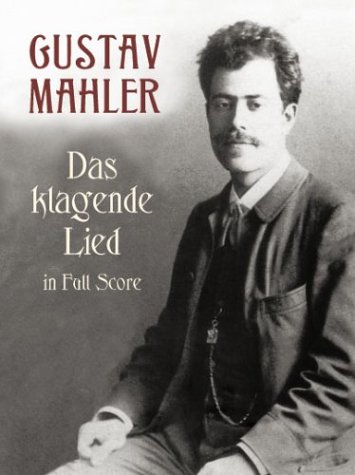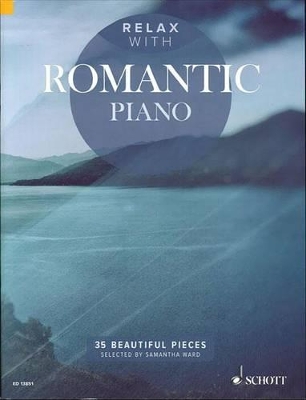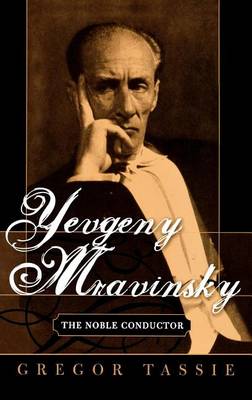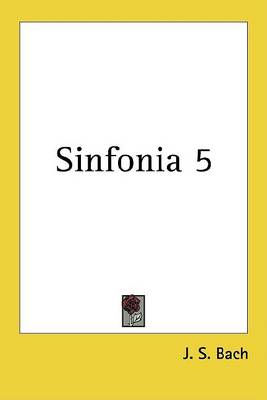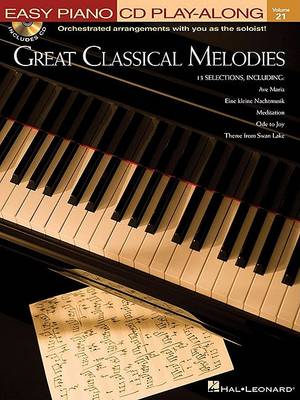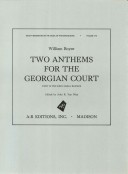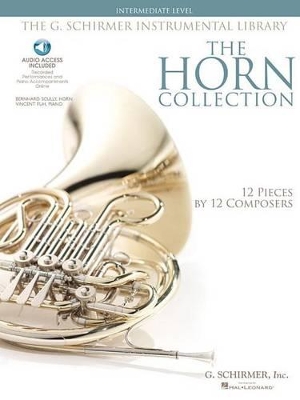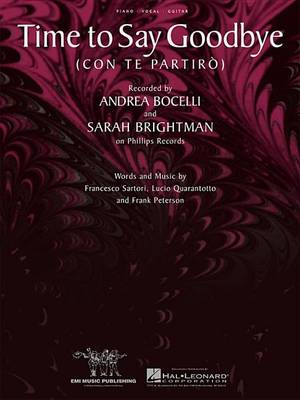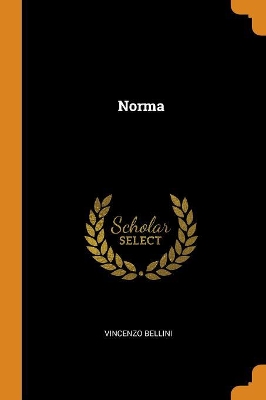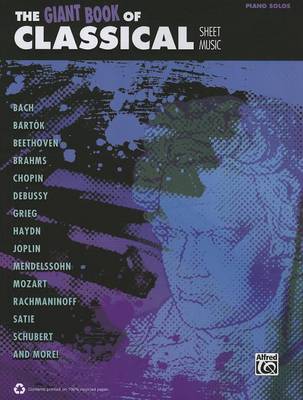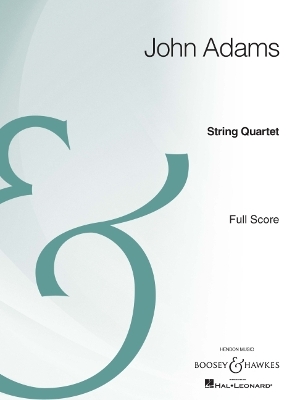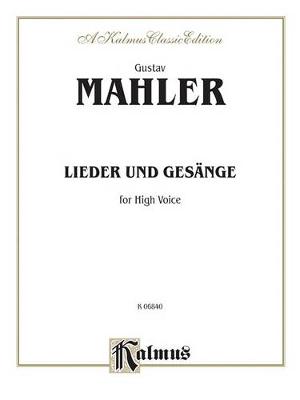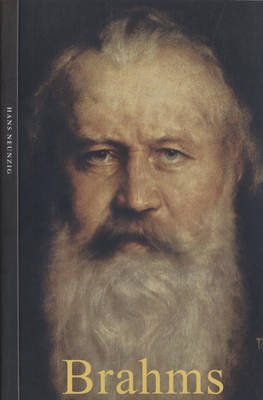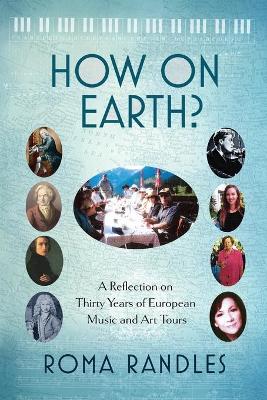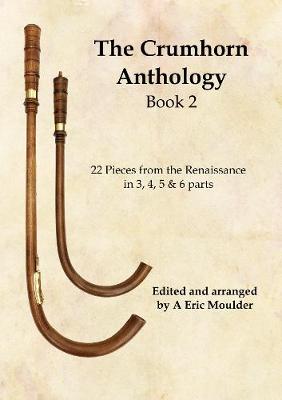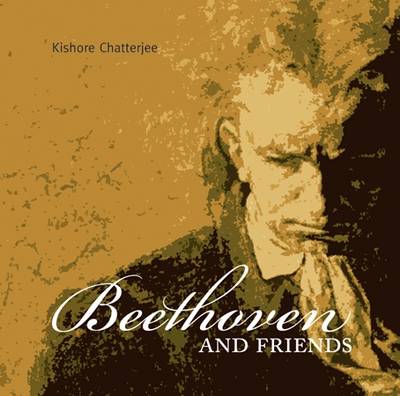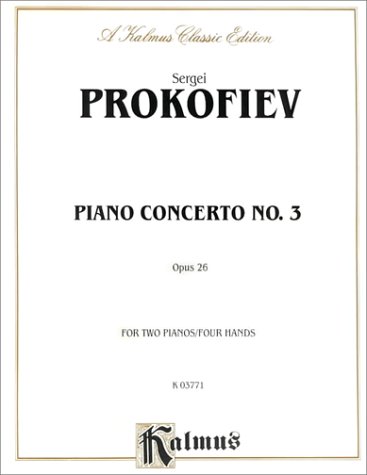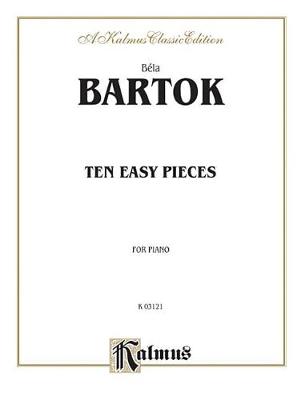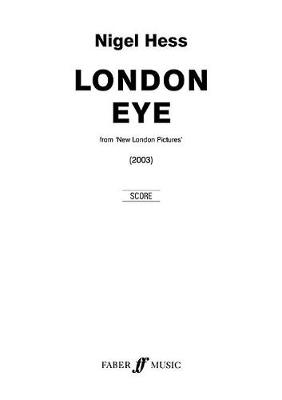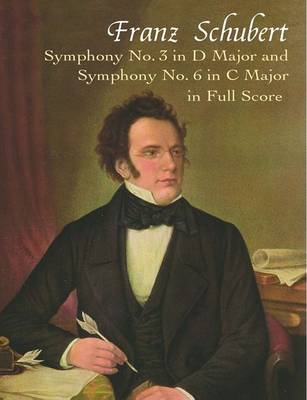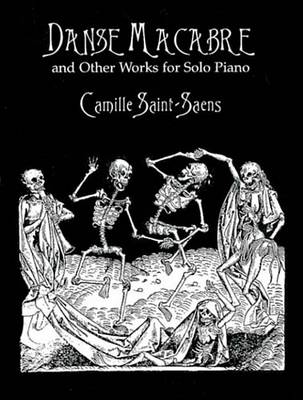The last of a long line of distinguished Russian aristocrats, Yevgeny Mravinsky emerges from the 20th Century musical scene as a noble conductor and exceptional treasure of Soviet culture. His friendship of some forty years with Dmitri Shostakovich led to the opening of that composer's music to the Soviet public in spite of the State's condemnation of Shostakovich's work in the influential newspaper Pravda. His associations with many other prominent musicians were instrumental in bringing their...
William Boyce (Recent Researches in the Music of the Baroque Era, #7)
by William Boyce
Norma (Libretti d'Opera, #12) (Overture Opera Guides)
by Vincenzo Bellini
Mimomania (California Studies in 19th-Century Music, #13)
by Mary Ann Smart
When Nietzsche dubbed Richard Wagner 'the most enthusiastic mimomaniac' ever to exist, he was objecting to a hollowness he felt in the music, a crowding out of any true dramatic impulse by extravagant poses and constant nervous movements. Mary Ann Smart suspects that Nietzsche may have seen and heard more than he realized. In "Mimomania" she takes his accusation as an invitation to listen to Wagner's music - and that of several of his near-contemporaries - for the way it serves to intensify the...
Fourteen Songs Including Nine from Des Knaben Wunderhorn (Kalmus Edition)
Johannes Brahms (1833-97) was one of the seminal musical figures of the 19th century. He shot to fame as a dashing young performer and composer, the one who had to come' according to Robert Schumann. He consciously switched this image, refashioning himself as elder statesman of German music, the heir to Bach and Beethoven.
Symphony No. 3 in d Major and Symphony No. 6 in c Major in Full Score
by Schubert

